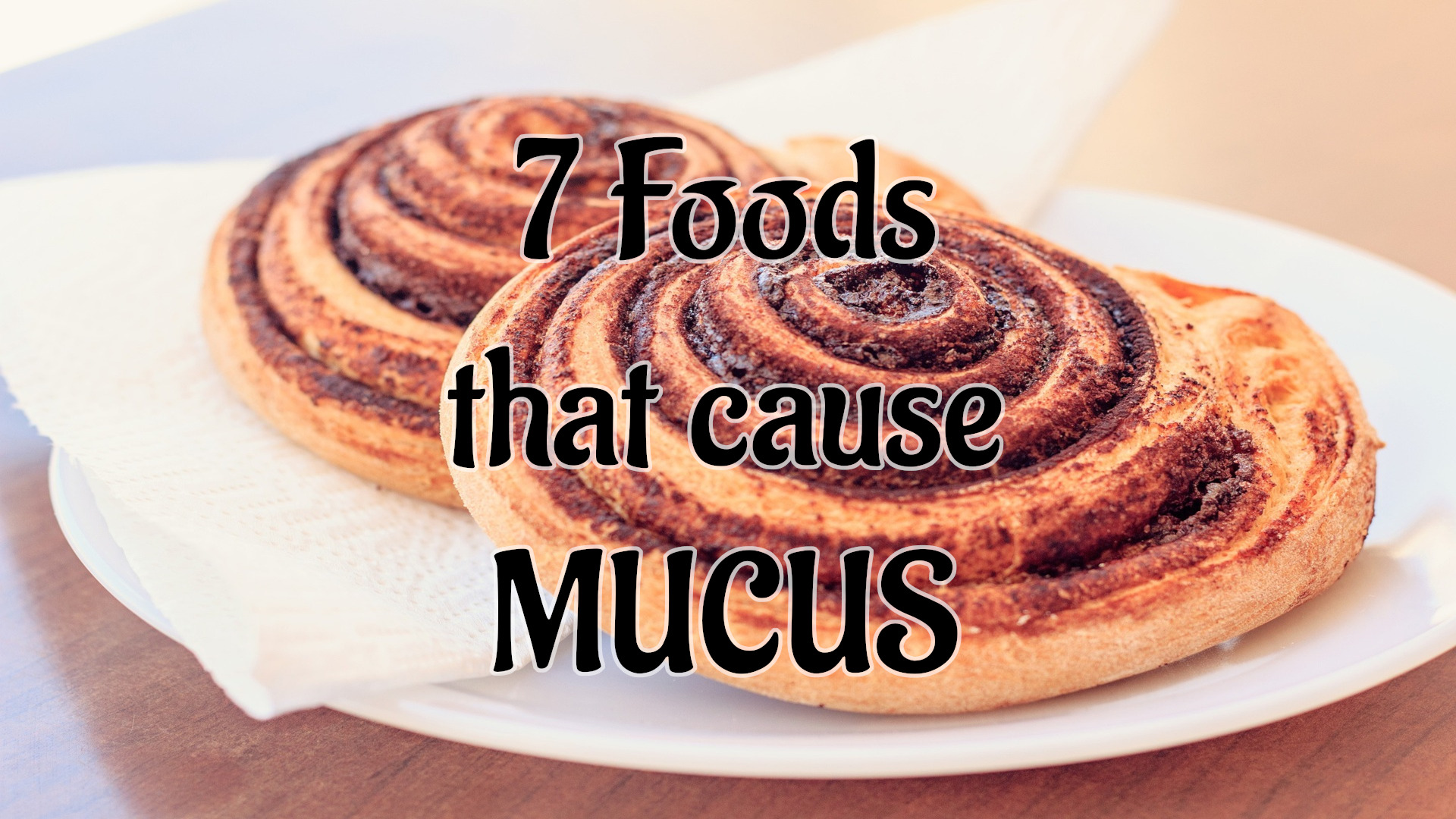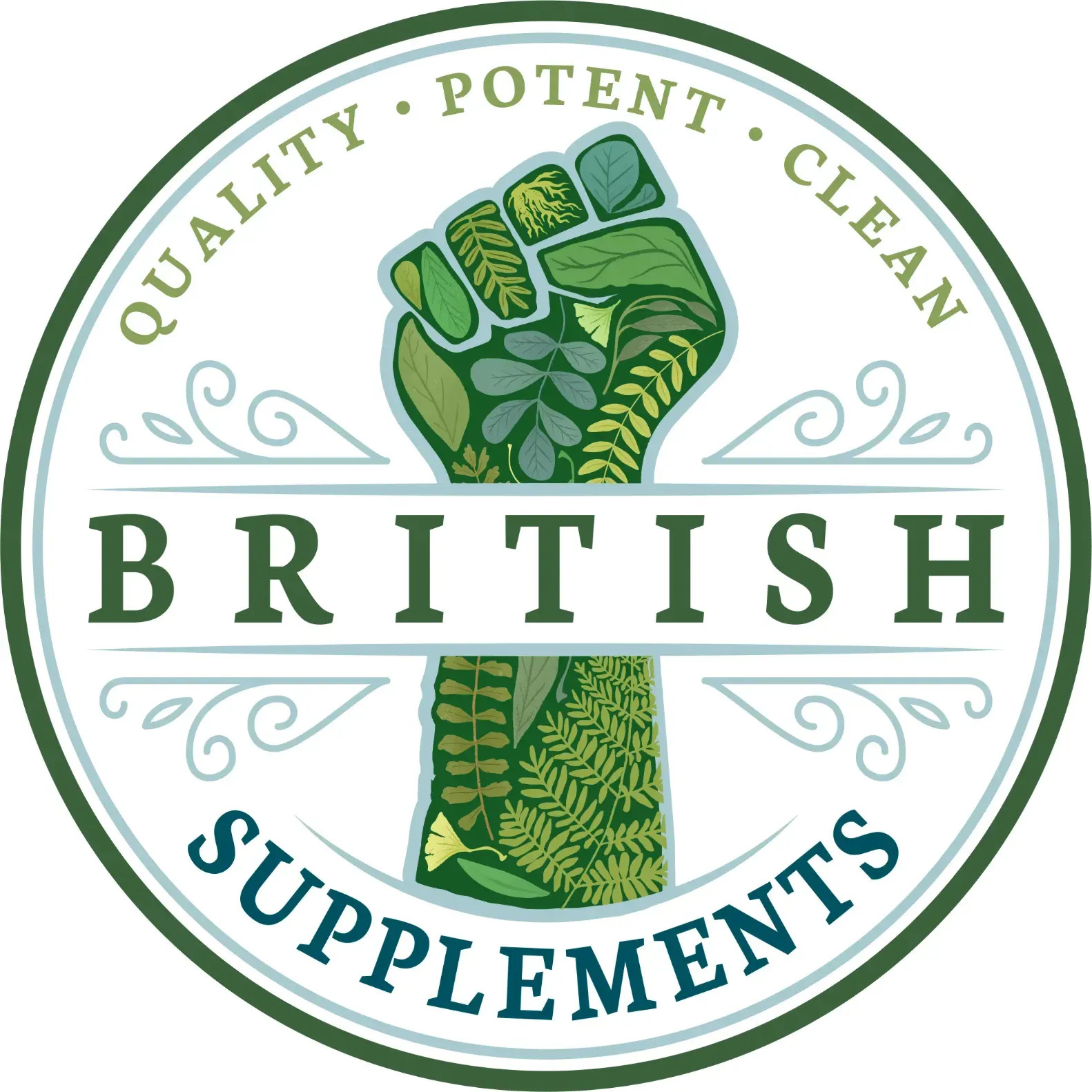

by Jack Cox
Mucus is that sticky, annoying substance that makes your nose feel blocked. Phlegm is very similar to mucus in that way. But it’s produced from your lungs instead.
Mucus is mostly in your nose, and it can cause some nasty conditions such as sinusitis, or make you wake up with crusty eyes and a puffy face.
It might not surprise you that some foods cause mucus. Consuming these foods, especially when you are already under the weather, can make you feel evan worse.
The best way to avoid being affected by the effects of mucus is to rid your diet of foods that cause mucus production.
Cutting out these foods altogether might not be as easy, but you don’t have to stop eating them alltogether. Just try to cut back ans you will quickly feel the benefits.
If you suffer from problems caused by excessive mucus, you can expect to feel much better after just a week of adjusting your diet.
So what are these mucus causing foods?
1. Dairy Products - Cheese, milk, yogurt, and all other dairy products contain casein molecules, that many experts believe may increase mucus secretions. Therefore, consuming a lot of dairy products means that there will be more mucus in your throat and sinuses. They also believe that lactose may encourage mucus production, as well.
So try replacing the milk in your coffee with a dairy alternative like nut milk.
Walnuts, almonds and many other nuts can be smashed up in a blender to produce a delicious milk substitute but try to avoind ready made products from the supermarket as these may contain all manner of harmful additives.
Much better to make your own fresh every day and feel free to experiment until you find the one you like.
However, playing Devil's Advocate, much of the information on thickening mucus after consuming dairy is anecdotal, and research is ongoing. Some scientists believe that any increase in mucus after dairy consumption is most likely a sensitivity or allergy.
Others suggest that the perception of milk causing mucus might be due to the texture and viscosity of milk, which some may mistake for the feeling of mucus in the mouth and throat.
The best thing is to experiment and see what works for you.
2. Sugar - As much as we love sugary treats, we need to be aware of the fact that refined sugars do cause mucus in the body.
Even sugar in your coffee or tea is in danger of making your body produce more mucus, as well as processed fruits and even simple things like glazed fruits.
Try replacing sugar with anything you can find; honey is a brilliant natural alternatives but do sourve it from a local beekeeper. The stuff they sell in supermarkets may not necceccerly be genuine.
In baking, you can use more organic fruit, which is a natural source of fructose,a natural sugar.
Consuming high amounts of refined sugar can lead to inflammation, which may increase mucus production. But even fructose should be consumed in moderation. Indeed it has been suggested that excessive fructose consumption can lead to inflammation and non-alcoholic fatty liver disease.
3. Meat and Fish - This doesn’t mean that you need to turn vegetarian unless you want to. However, if you do have the flu or a cough, it’s a good idea to avoid any meat or fish for a while because they could make your mucus discharge even worse.
Try limiting your meaty meals to several a week rather than eating meat every day.
With fish, try to consume even less because fish is very rich in fatty acids and oils that can also contribute to mucus production.
4. Wheat - Some people are sensitive to wheat and may experience increased mucus production after consumption of bread, pastry or pasta.
Sensitivity to wheat and its potential effects on mucus production are usually linked to conditions like wheat allergy, celiac disease, or non-celiac gluten sensitivity.
A study on wheat allergies notes that while some individuals may experience increased mucus production or
respiratory symptoms after consuming wheat, these are not the primary or most common symptoms associated with
wheat sensitivity or allergy.
5. Nuts – As already mentioned, most people find nut milk a great alternative to dairy. However some individuals are allergic to specific nuts, and an allergic reaction can manifest in various ways.
Symptoms of a nut allergy can include sneezing, runny or stuffy nose, and post-nasal drip, all of which may stimulate mucus production.
In severe cases, an allergic reaction to nuts can lead to anaphylaxis, a life-threatening condition requiring immediate medical attention.
6. Alcohol - No matter whether it’s beer, whiskey, vodka, or any other type of alcohol – drinking is discouraged while you’re ill because alcohol tends to dehydrate the body.
Dehydration means that the remaining mucus feels more concentrated.
If you’re thinking about replacing alcohol with soft drinks, take note that carbonated sugary drinks can dehydrate you, too. And anyway we have already discussed the problams associated with sugar.
And please don't think that so-called diet drinks are any better. They simply replace sugar with carcenogenic chemicls such as aspartame. If it comes from a plant, unprocessed, then it's good to consume in moderation. If it's made in a plant, a chemical plant, then avoid it like the plague. Your health is too important.
The best source of hydration while you’re ill is pure clean filtered water – because there are no additives in it, and it can easily break down the mucus.
7. Fried foods - Your favorite fast-food burger and chips might be your go-to meal on the way home from a hectic or stressful day at work. But does it leave you feeling sluggish the next day?
That’s because these foods can increase inflammation in the body, potentially leading to increased mucus production.
Perhaps 'fast-foods' should be called 'slow-foods' because they are killing you slowley, but killing you they most certainly are.
Fried foods often contain trans-fats and are cooked at high temperatures. As a result, they can form harmful compounds that promote inflammation.
Trans fats are made when liquid oils are turned into solid fats, such as margarine.
Of all the fats, trans-fats are the worst for your health. Too much trans fat in your diet increases your risk for heart disease and other health problems.
Trans-fats, cooked at high temperature, cause inflammation in the bowel and can lead to inflammatory bowel diseases.
Final thoughts on the foods that cause mucus in your body... It’s difficult to deal with excessive mucus because it feels like it’ll never go away – but it will, as long as you keep up your mucus-defeating diet!
Continue to be positive and remember not to deprive yourself of essential nutrients.

Advertisement
